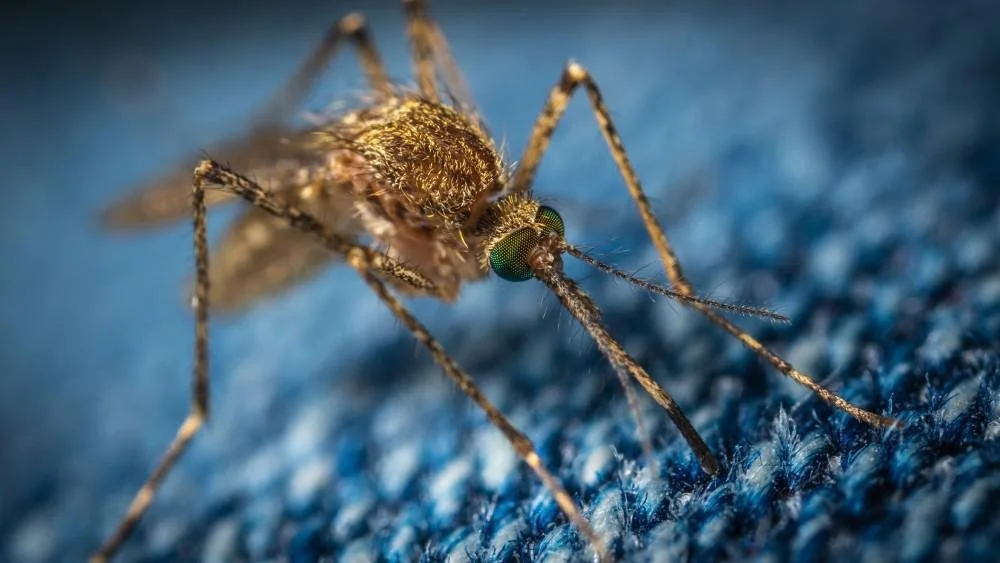Safe Mosquito Repellents
While the great outdoors have offered an escape from the pandemic for many of us (me included!), summer and fall weather increase the risk of mosquito and tick bites which might carry the risk of infections such as eastern equine encephalitis (EEE) or Lyme disease. Here are some tips on how to prevent bug bites for it is your first line of defense:
Use a non-toxic mosquito repellent safely and appropriately. Many sprays on the market are toxic such as DEET. Thankfully there are some good alternatives I recommend which contain the following key ingredients:
Oil of Lemon Eucalyptus is a refined extract from an Australian eucalyptus tree whose active ingredient is P-Menthane-3,8-diol (PMD). PMD is registered with the EPA as a biochemical pesticide effective against both ticks and mosquitoes, and just as effective as DEET in similar concentrations but at a lesser duration. Oil of Lemon Eucalyptus (the trade name for the refined oil) has a higher concentration of PMD, and should not be confused with lemon eucalyptus oil (an essential oil). Do not use this oil on children under the age of 3.
Oil of Citronella is derived from lemongrass, and has been used for more than 50 years as an insect and animal repellent, especially against mosquitoes, house flies and fleas (but not against ticks). It is volatile and requires reapplication hourly. Do not use this oil on children under the age of 6 months.
Oil of Nepeta cataria is an oil extracted and refined from the catnip plant whose active compound, Nepetalactone, is very effective at repelling mosquitoes. It is also the compound that cats are drawn to in the catnip plant.
Tea tree oil (also called melaleuca oil) is derived from Australia. This oil is effective against mosquitoes, bush flies, and biting midges. It is also an effective topical antiseptic, antibiotics and anti-inflammatory agent. You can also use tea tree oil for many skin-based afflictions from dandruff and lice to acne and athlete’s foot.. Tea tree oil is safe for all ages.
Apply bug repellent on exposed skin and/or clothing as directed by the product label.
Consider wearing long-sleeved shirts and pants and possibly treat with permethrin, an insecticide. If you do treat clothing with permethrin, make sure to also keep permethrin spray. Keep still-wet treated items away from cats since permethrin is highly toxic to them; once dry, treated clothing should pose little risk.
Avoid being in “high risk” between dusk and dawn when mosquitoes are most active. Be sure to also avoid shady areas, which tend to attract mosquitoes—and their bites—during daytime hours.
Take extra precautions for babies. Since many bug repellants cannot be used under the age of 3 with tea tree oil being the exception, do cover a baby carriage or playpen with mosquito netting.
If you want to sit on your deck, use a large electric fan—or, better yet, two—and sit in the breeze. Mosquitoes cannot fly against the wind. Citronella candles will not prevent mosquitoes from finding you. There are some vaporizing insecticides that are being sold; theoretically they will work, but these have not been scientifically tested and are EXTREMELY toxic.
Get rid of all sources of standing water outdoors. Turn over or empty containers where water may collect, from ceramic pots, to barrels and recycling bins, to pool covers. Clean clogged roof gutters and litter debris from along curbs to let storm-water drain.
Fix holes in screens. Make sure they are tightly attached to doors and windows.
Do continue to be mindful of the ways you can continue to protect yourself and your loved ones outdoors from both bug bites and coronavirus infections.
AUTHOR
Dr. Payal Bhandari M.D. is one of U.S.'s top leading integrative functional medical physicians and the founder of SF Advanced Health. She combines the best in Eastern and Western Medicine to understand the root causes of diseases and provide patients with personalized treatment plans that quickly deliver effective results. Dr. Bhandari specializes in cell function to understand how the whole body works. Dr. Bhandari received her Bachelor of Arts degree in biology in 1997 and Doctor of Medicine degree in 2001 from West Virginia University. She the completed her Family Medicine residency in 2004 from the University of Massachusetts and joined a family medicine practice in 2005 which was eventually nationally recognized as San Francisco’s 1st patient-centered medical home. To learn more, go to www.sfadvancedhealth.com.

